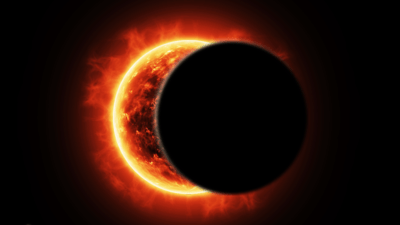
During a solar eclipse, it’s crucial to remember that directly observing the sun can cause damage to your eyes, mainly due to the intense ultraviolet radiation emitted by the sun. This radiation has enough energy to harm the cells in the retina of the eye, leading to potential vision problems.

The extent of damage depends on various factors, including the duration of exposure and the intensity of the ultraviolet radiation. Minor exposure may result in temporary discomfort, while prolonged or intense exposure can lead to permanent damage.
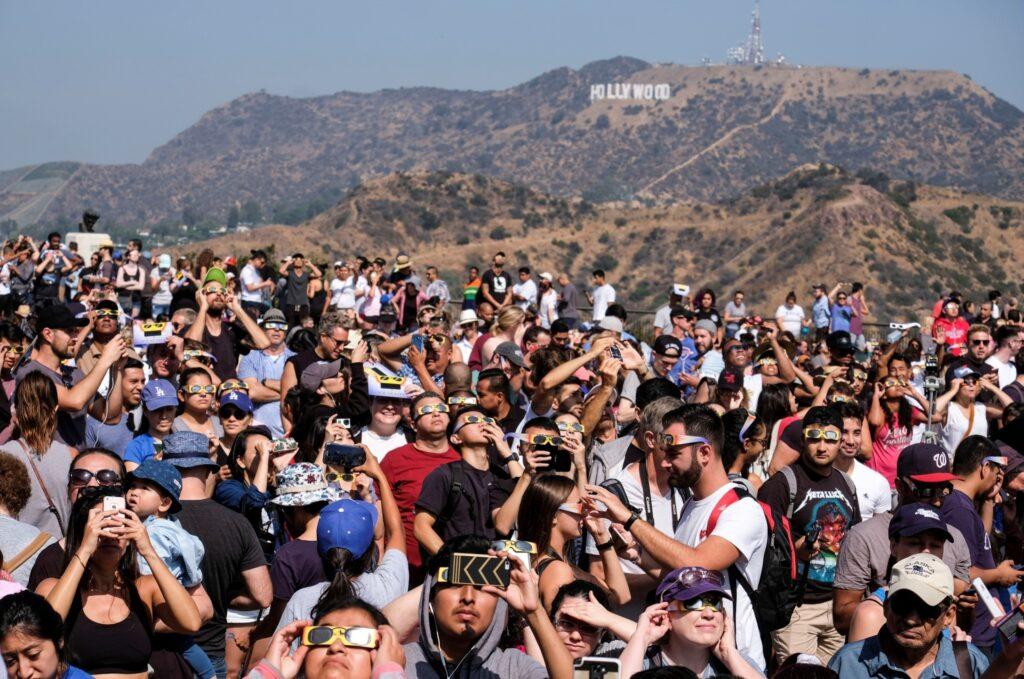
The human eye reacts to the intensity of light through adjustments in the iris and pupil size. When exposed to high levels of light, the iris contracts, reducing the amount of light entering the eye. Conversely, in low light conditions, the iris dilates to allow more light in.
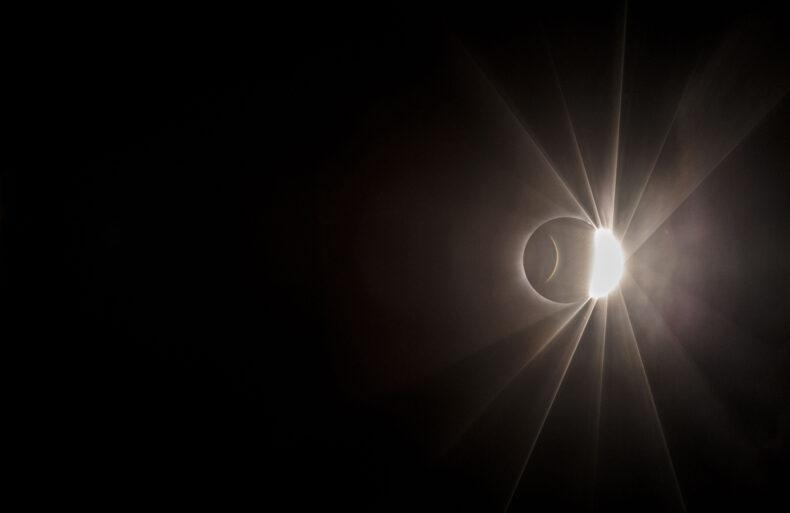
However, the human eye’s sensitivity is limited to the visible light spectrum, typically ranging from 380 to 700 nanometers. Ultraviolet radiation, with wavelengths below 380 nanometers, is invisible to the human eye but can still cause damage.
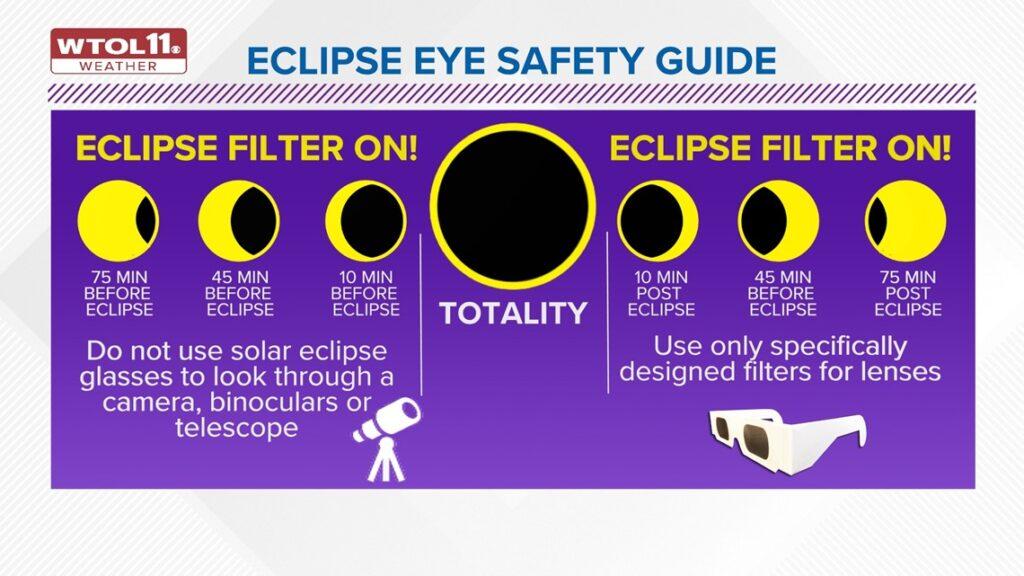
To safely observe a solar eclipse, it’s essential to use proper eye protection, such as solar eclipse glasses, which filter out harmful ultraviolet radiation while allowing visible light to pass through.
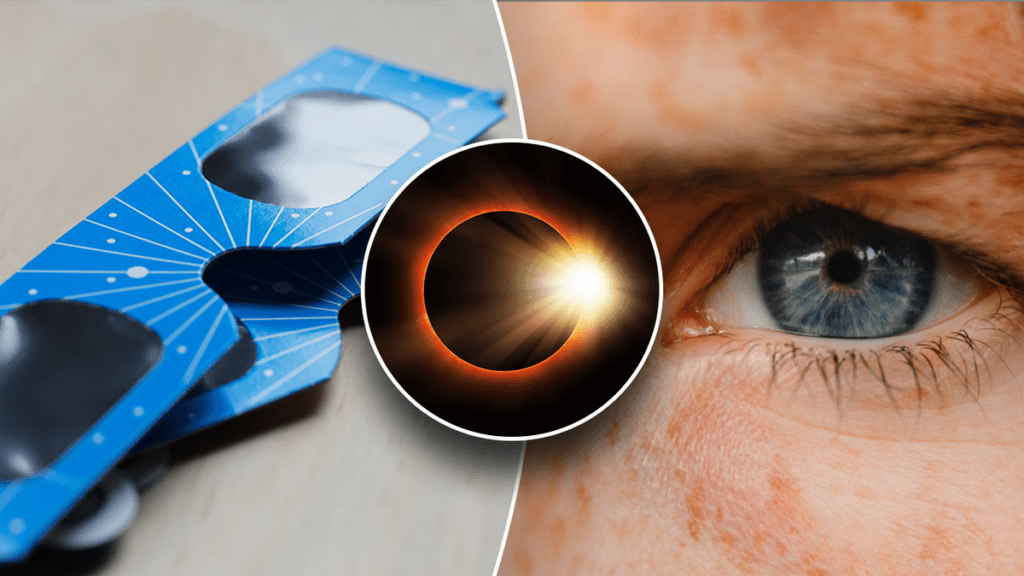
These glasses ensure that your eyes are shielded from potential damage during the event. Remember, even a brief glance at the sun during an eclipse can have lasting consequences, so it’s crucial to take precautions to protect your eyesight.

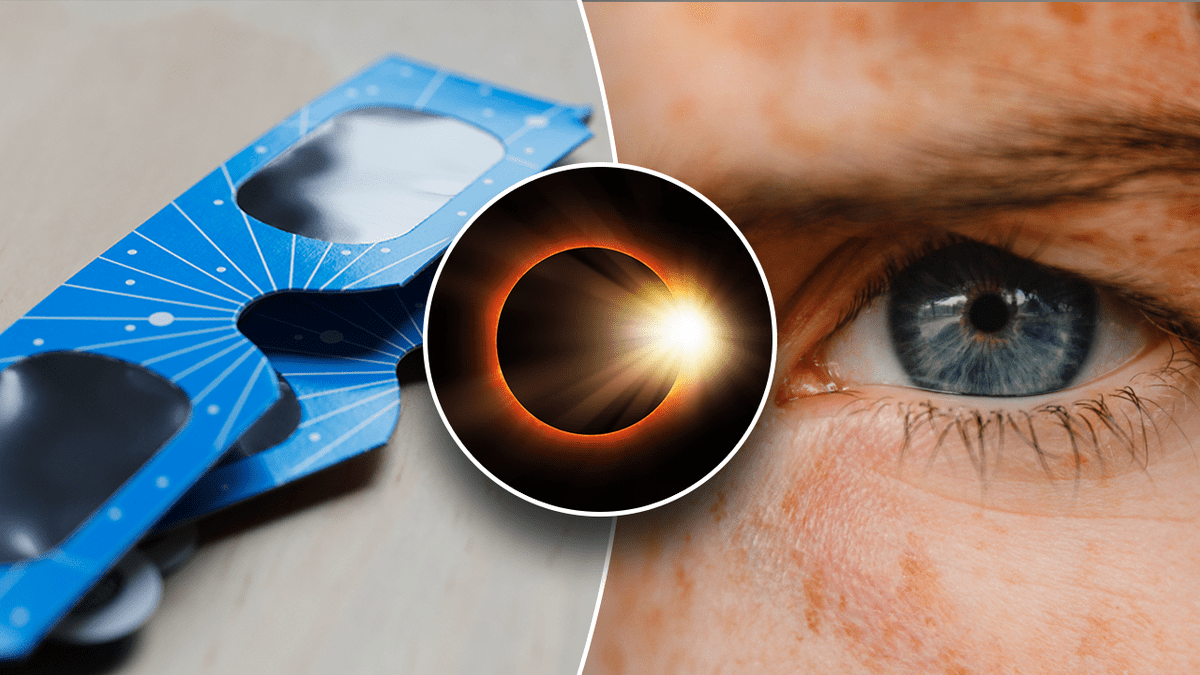

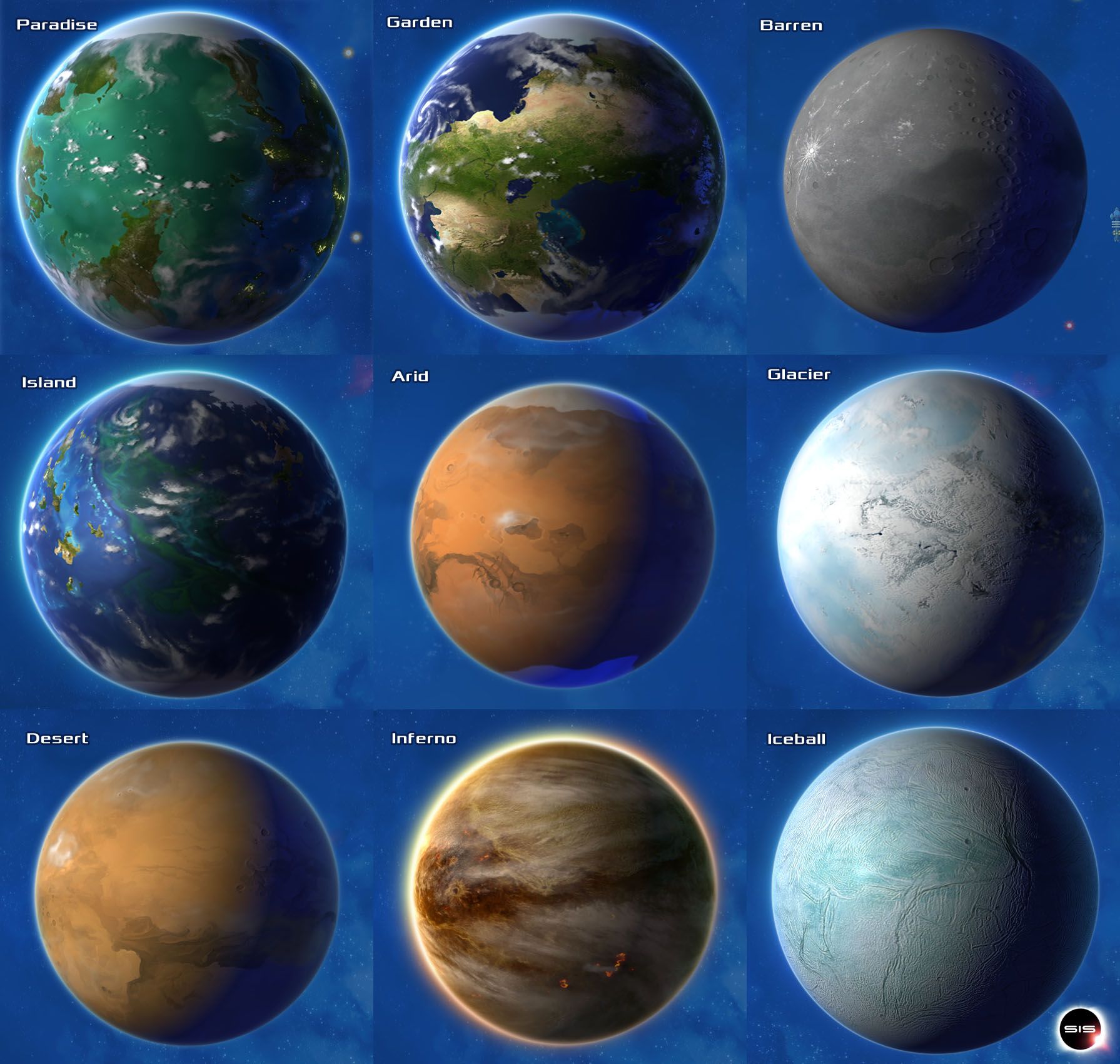
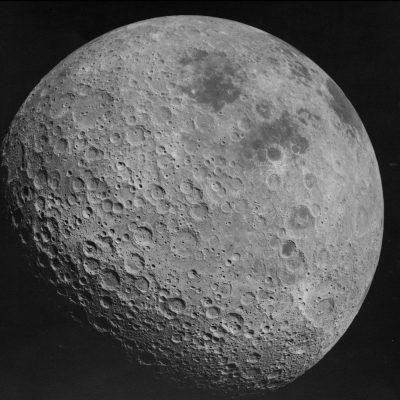
Recent Comments